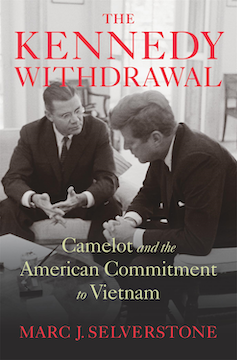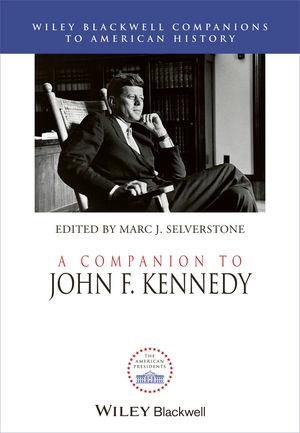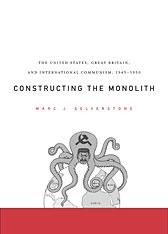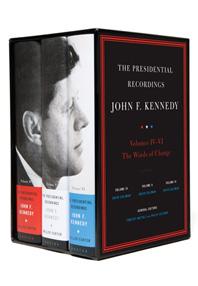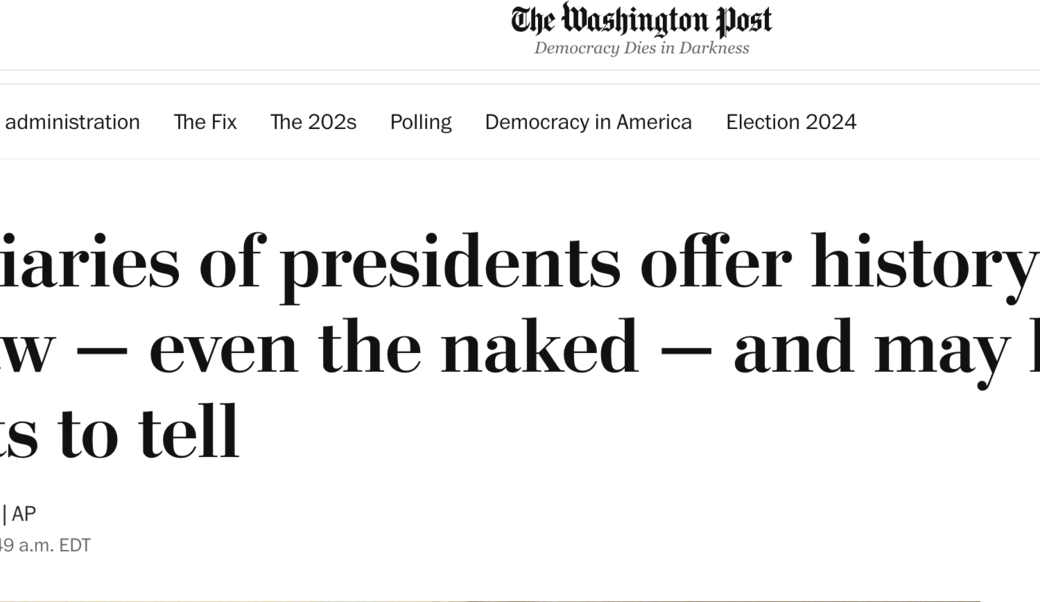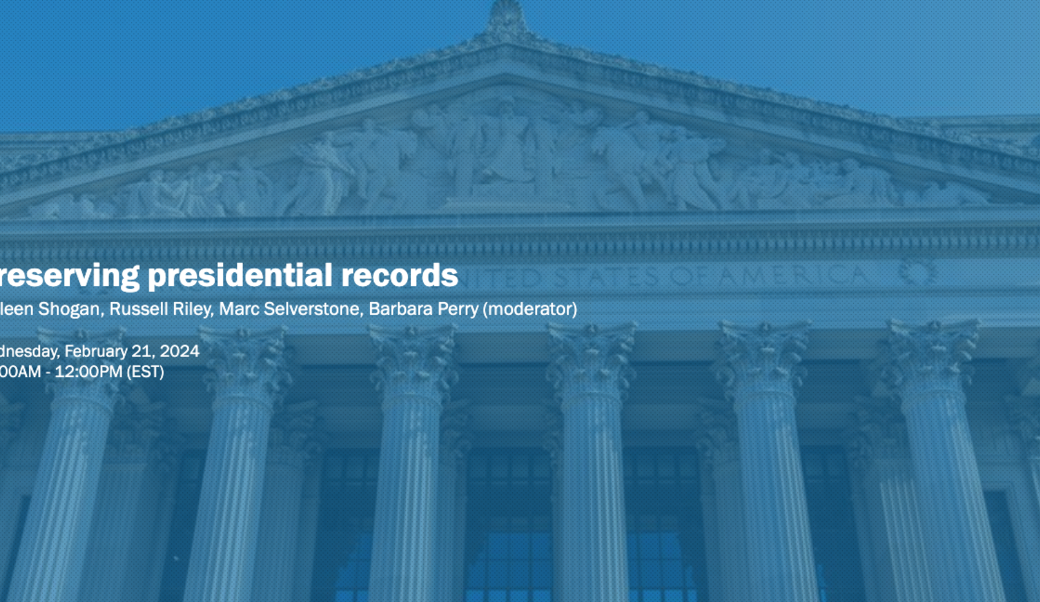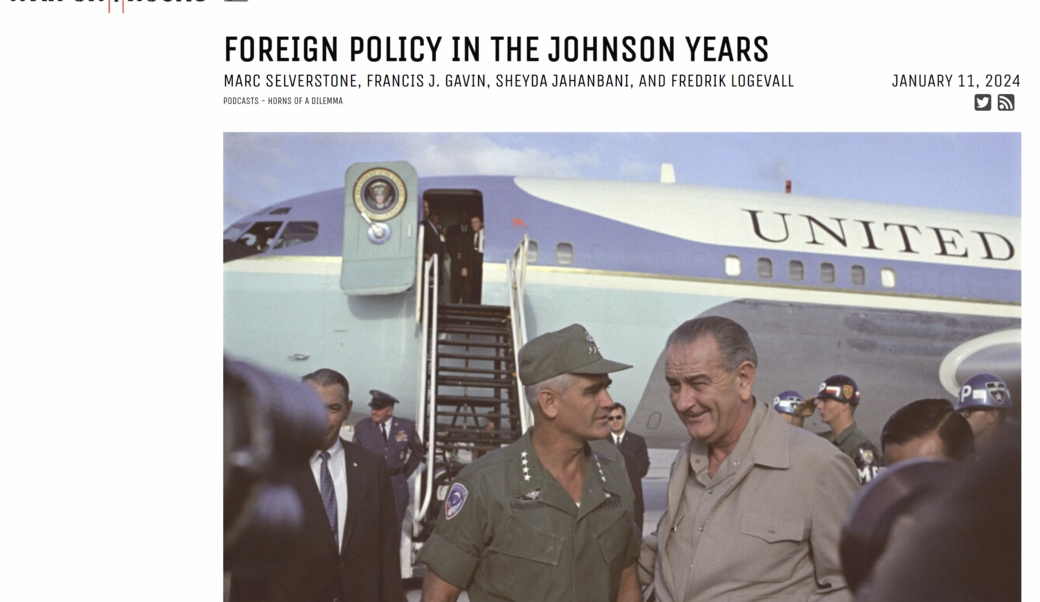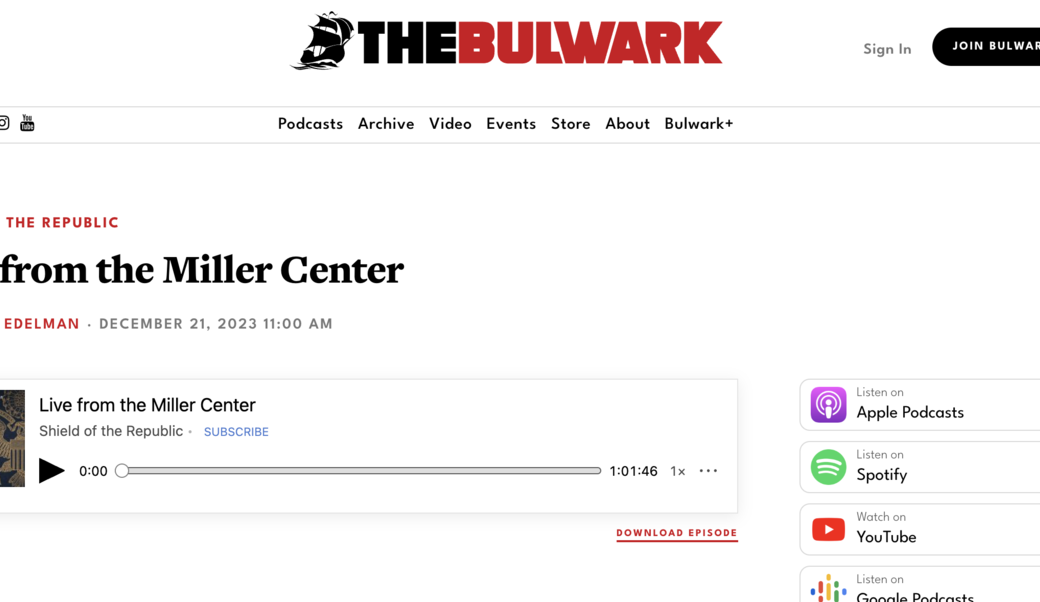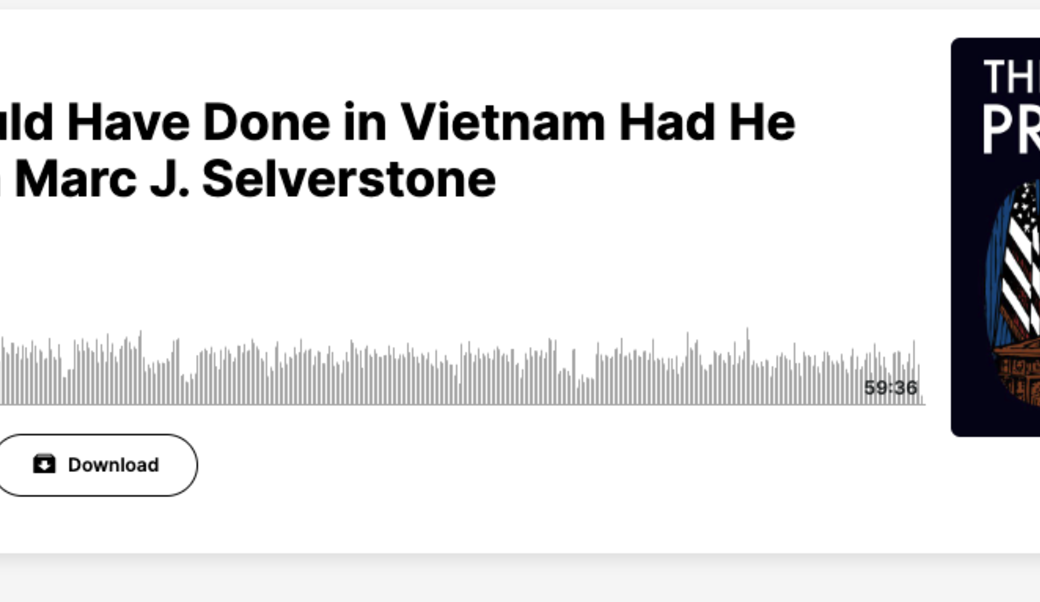Marc Selverstone
Marc Selverstone
Fast Facts
- Director of presidential studies
- Co-chair, Presidential Recordings Program
- Won the Bernath Book Prize for Constructing the Monolith: The United States, Great Britain, and International Communism, 1945-1950.
- Expertise on John F. Kennedy, Lyndon Johnson, Richard Nixon, the Vietnam War
Areas Of Expertise
- Foreign Affairs
- American Defense and Security
- Politics
- The Presidency
Marc Selverstone is the Miller Center's director of presidential studies, co-chair of the Center’s Presidential Recordings Program, and professor of presidential studies. He earned a BA degree in philosophy from Trinity College (CT), a master’s degree in international affairs from Columbia University, and a PhD in history from Ohio University.
A historian of the Cold War, Selverstone is the author of Constructing the Monolith: The United States, Great Britain, and International Communism, 1945-1950 (Harvard), which won the Stuart L. Bernath Book Prize from the Society for Historians of American Foreign Relations. His most recent book is The Kennedy Withdrawal: Camelot and the American Commitment to Vietnam (Harvard University Press).
As co-chair of the Presidential Recordings Program, Selverstone edits the secret White House tapes of Presidents John F. Kennedy, Lyndon B. Johnson, and Richard M. Nixon. He is the general editor of The Presidential Recordings Digital Edition, the primary online portal for transcripts of the tapes, published by the University of Virginia Press.
Selverstone’s broader scholarship focuses on presidents and presidential decision-making, particularly during the 1960s and 1970s. He has written for journals and edited volumes on the Kennedy presidency, the Cold War, and the American war in Vietnam. He also co-edits the Miller Center’s “Studies on the Presidency” series (Virginia) with Miller Center Professor Guian McKee, and is the editor of A Companion to John F. Kennedy (Wiley-Blackwell).
Marc Selverstone News Feed
Shogan joins Russell Riley, co-chair of the Miller Center’s Presidential Oral History Program and White Burkett Miller Center Professor of Ethics and Institutions, in a conversation moderated by Barbara Perry, co-chair of the Presidential Oral History Program and Gerald L. Baliles Professor in Presidential Studies.
